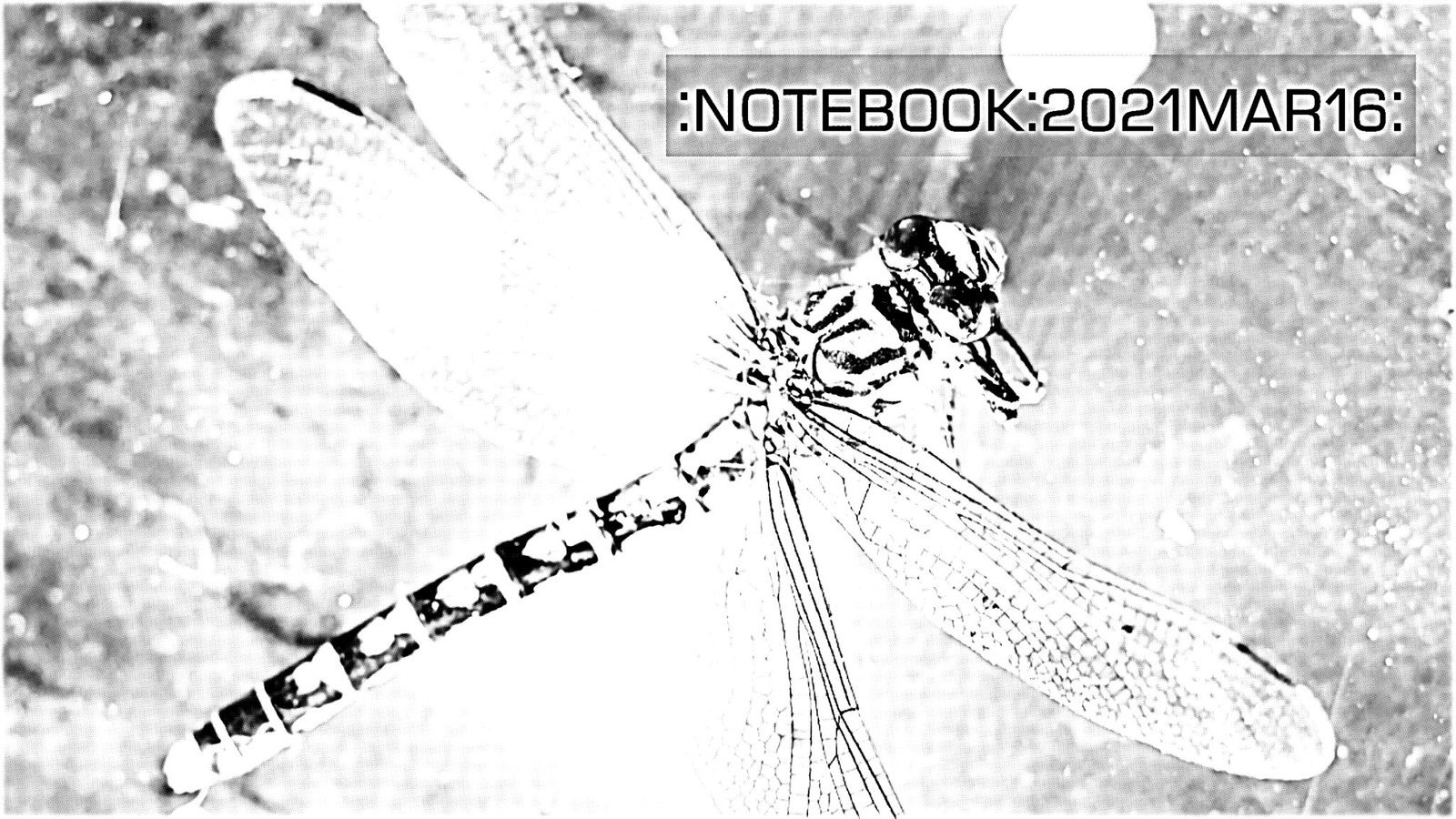
Grooving to Amapiano → Prodded by Awesome Tapes From Africa, today I’m immersing myself in the South African genre of amapiano, defined as “a township-developed style that fuses elements from a number of different club-ready genres from across the decades.” This DJ mix by Teno Afrika is an overview of what amapiano is all about:
But Uwami, a fantastic new album by DJ Black Low, is really connecting me to this sound. Some of the production flourishes — especially the in-your-face percussive electronics — are especially provocative and attention-grabbing. I haven’t listened to a tune and remarked, “oh, shit!” to myself in a while. I did that a couple of times within the first few songs.
——————
ZZT Records in 1982 → This eight-minute ‘documentary’ on Zang Tumb Tuum (more commonly known as ZTT Records) is a fascinating time capsule. What a find! I’ve written about my ‘80s obsession with producer Trevor Horn, and ZTT is commonly known as his label. But, as the video shows, co-runners Jill Sinclair (also Horn’s wife) and music writer Paul Morley played a part, too. I love when professional units (labels, bands, companies) consist of distinctive personalities, each taking on a unique role. In ZTT’s case, Sinclair is the grounded business mind, Horn is the producer and resident nerd, and Morley is the prankster and creative spirit. Morley seems relegated to the background in this video, but he was crucial to the look and feel of ZTT. The Dada and futurist-influenced aesthetic and winking pseudo-corporate speak filling liner notes, label press releases, and manifestos were all Morley’s doing, no doubt. All of this conflicting but complementary energy created a classic record label that’s worthy of study and admiration.
Also: I wonder if Rod Stewart was aware of what Horn said about him here when Horn was hired to produce a Rod Stewart album.
——————
Ausklang – Chronos → Soaring spaciousness abounds on Chronos, an album from the Berlin-based trio Ausklang. The band’s not quite moody enough for post-rock, a bit too drummy for ambient, and way too heady for indie-rock. They’re somewhere in the middle of all of that, probably closer to what I hesitate to call “soundtrack rock.” Ausklang are like a Popol Vuh for the drone-footage age, replacing the ecstatic mysticism with shoegazey optimism.
The pieces are primarily improvised, the best bits edited together, and then overdubs added — a songwriting process pioneered by fellow German space cadets CAN. But while CAN gloriously sprawled and looped, Ausklang build and erupt. The title track, for instance, is a subdued slow-end jam that blasts itself into reverb-drenched guitar lines and cymbal crashes near the five-minute mark. And then there’s the gorgeous “Future Memories,” lulling the listener with a beatific guitar-then-piano melody before a Slowdive-like upward swell washes everything away.
The band performs a two-hour improvised ambient set every week at The Zionskirche, a 19th-century neo-romantic church. This aspect of Ausklang closes out Chronos via two beatless tracks that combine light drones, guitar atmospherics, and hopeful piano. Thus the album’s sequence mirrors the band’s dynamic sense — the tracklist progressively glides and thickens before floating down to a gentle landing. The album is so satisfying upon reaching the end, it’s tempting to replay Chronos from track one and fly again.
i would think that ZZT’s acrimonius split with pretty much all of their big early acts, over what were reportedly usurious and predatory contracts, might dampen your enthusiasm a bit.
See also SST, 4AD, Factory (well, except for the contracts), etc. etc. etc. … doesn’t really change the effect they had on me in my formative years. But, yeah, the ’80s were not a good era for signing record contracts.
Mute (Daniel Miller) is the only label I can think of that’s maintained a golden relationship with their early acts, though wouldn’t be surprised to find some skeletons in that closet, too.
i’ll pick the one label from that list that i know a little about. the cocteau twins have implied that 4AD was mismanaged, and that it was a relief for them when they fled to capitol. but my impression is that it was mostly down to ivo watts-russell being more of a music fan than a businessman. he had a nervous breakdown, sold his stake in the label, and moved to the usa. he made so little money from his time in the biz that he still has to work for a living. i’ve never heard anything about acrimonius lawsuits.
meanwhile, trevor horn is likely a billionaire. he fought his artists tooth and nail when they tried to leave. and i’ve never once felt like his heart is in the right place. in that youtube clip you posted, he pretty much says “sex sells, and i’m here for it.”
to me, those don’t sound like remotely similar circumstances.
i can’t help but love the two buggles records, because i discovered them at exactly the right time in my life. but i read a review in trouser press once that called them “crashingly hollow,” and i can’t help but agree. it sounds like horn making a calculated move to bootstrap himself into the music business.
but i get it. i am also fascinated by trevor horn. how could you not be. he has had some amazing accomplishments. but he always goes just a little too far, one or two more editing passes than would be prudent, until he’s produced something as slick and manipulative as a steven spielberg film.
artists like you, though … i’ve always felt like your heart is in the right place. i can tell, because you still have to work for a living. (heh!)